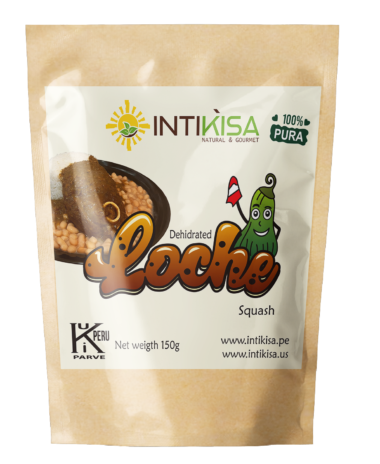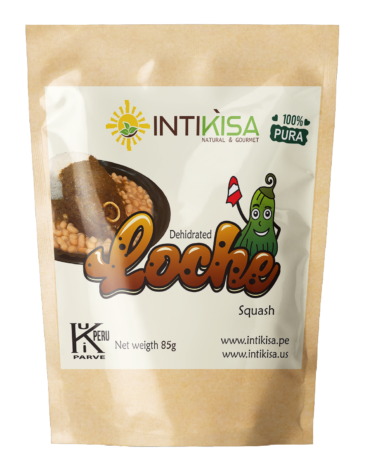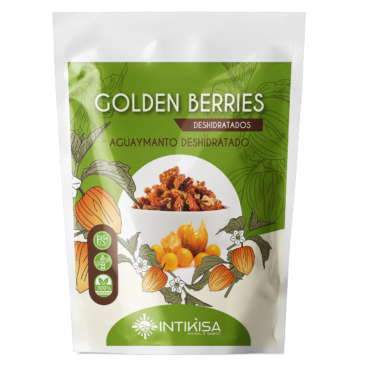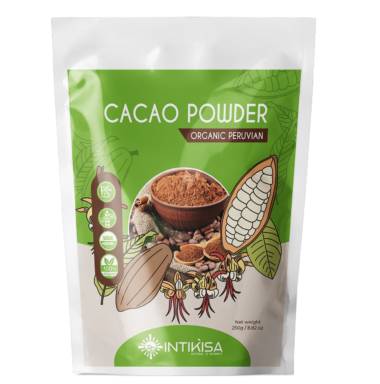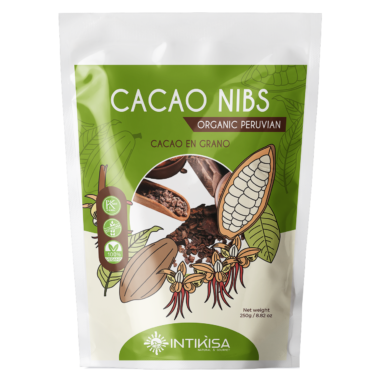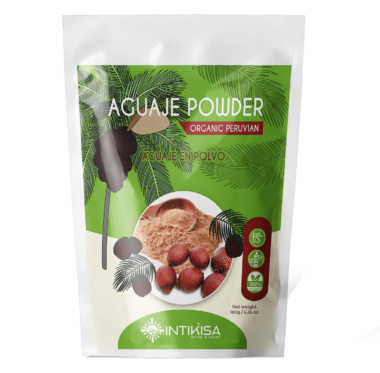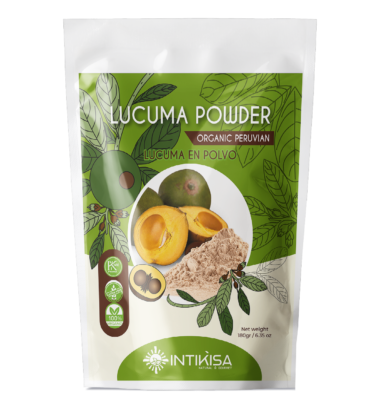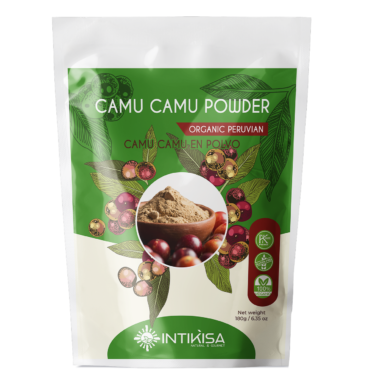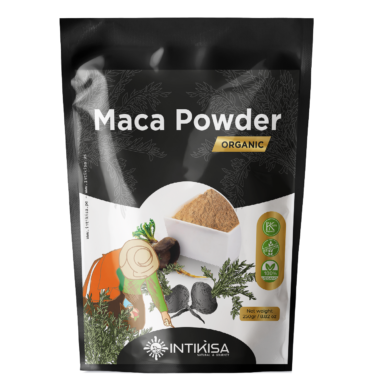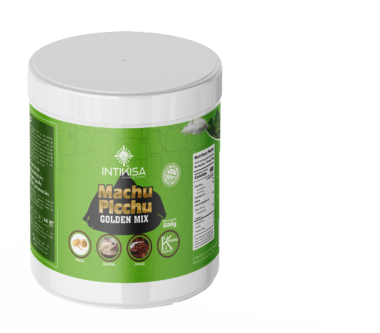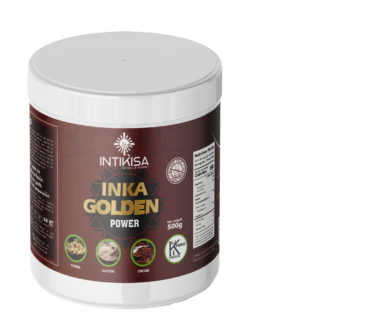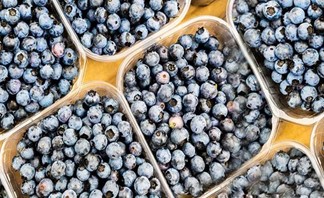
Menu
Close
Menu
Close
- Store
- Natural & Gourmet
Menu
BROWSE BY CATEGORY

Natural Food

Natural Food

Natural Food

Natural Food

Natural Food

Natural Food

Natural Food

Natural Food

Natural Food

Natural Food

Natural Food

Natural Food

Natural Food

Natural Food

Natural Food

Natural Food

Natural Food
- Blog
- Contact
- Frequent questions
- Be a wholesaler
- Log in/Register
- Store
- Natural & Gourmet
Menu
BROWSE BY CATEGORY

Natural Food

Natural Food

Natural Food

Natural Food

Natural Food

Natural Food

Natural Food

Natural Food

Natural Food

Natural Food

Natural Food

Natural Food

Natural Food

Natural Food

Natural Food

Natural Food

Natural Food
- Blog
- Contact
- Frequent questions
- Be a wholesaler
- Log in/Register
